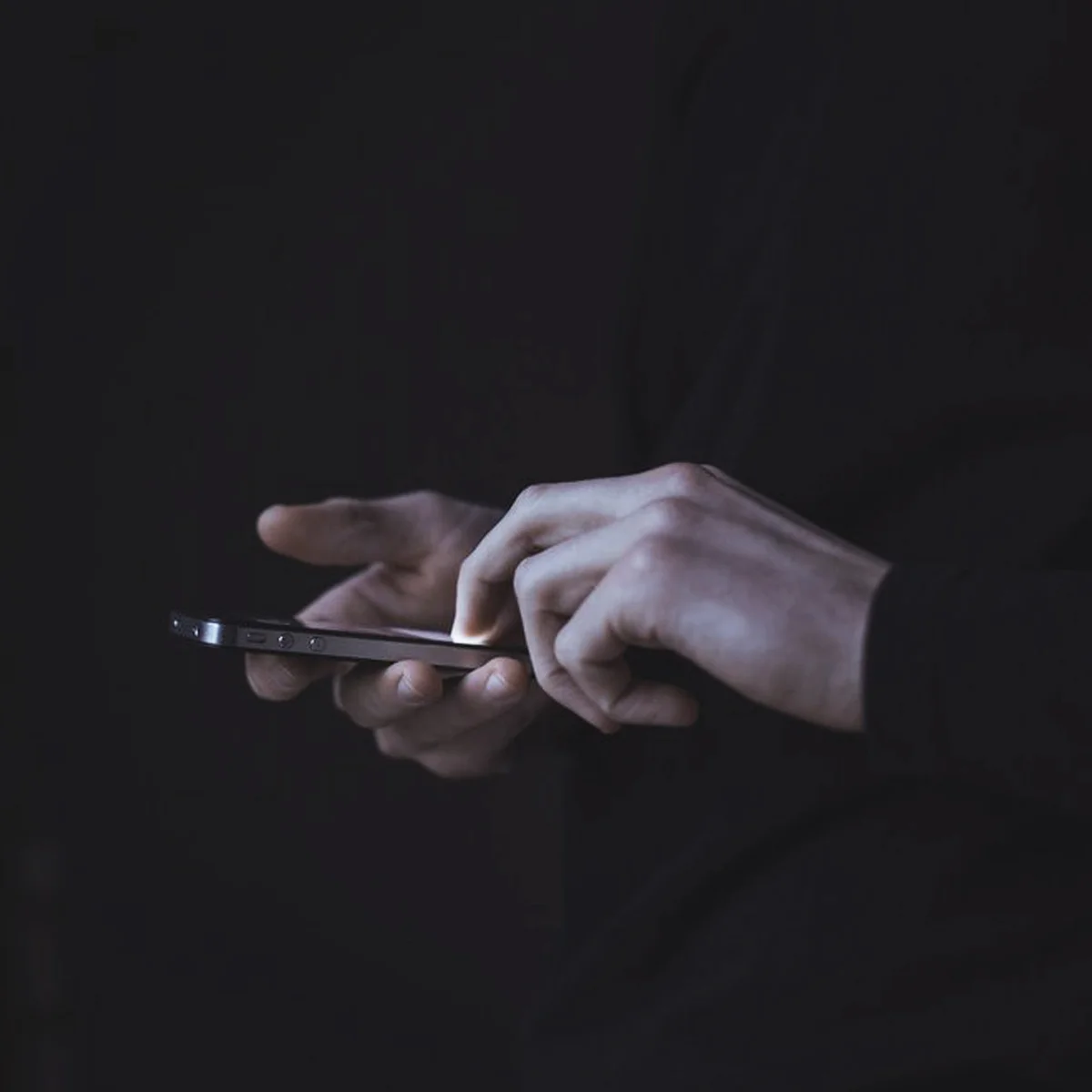The Opposite Of Addiction Is Not Sobriety: It Is Connection
How many times did you check your smartphone the last time you were on a romantic date? How about the last time you were catching up with friend you had missed dearly? Did your phone distract you the last time you were immersed in a creative task? Are you reading this because your smartphone fed it to you in a moment of boredom?
Recent research points out that repetitively checking our smartphones, or engaging with the endless information pushed to us through our social networks, has more to do with being distracted than it does with 'connecting' with one another. A growing amount of studies show us that these habits are also making us less happy, rather than more fulfilled.
"As a society, we're slowly beginning to realise that our addictive patterns of behaviour with technology aren't exactly healthy, though we still understand very little as to why these persist and how to do something about it."
In order to better understand our digital habits, we must dissect where these addictive tendencies originate from. With the help of science, we’re beginning to understand why some people exhibit addictive traits to things such as sugar, drugs or gambling more than others: the answer is that 'addiction' might actually have more to do with human connection rather than simply being about chemical dependency.
Professor Peter Cohen, a researcher who challenges traditional notions to do with addiction, argues that human addiction stems from our deep need to form connections with one another. If we’re not able to connect, we’ll turn to something else to substitute this satisfaction. According to Cohen, this is why we pursue habitual feedback loops, whether that means turning to chemical substances, the slot machines, or incessantly checking our social media profiles. Cohen’s theory states we should stop talking about 'addiction' altogether, and instead use the term 'bonding'. In his opinion, a cocaine addict has ‘bonded’ with a drug simply because they were unable to make a solid bond with anything else.
The Pleasure Drug
We have created an environment and mediated mainstream culture that supplements real human connection with an overwhelming capacity for making endless online 'connections’. The likes, follows, friend requests, and attention-seeking notifications are designed to trigger dopamine (the ‘pleasure drug’) secretions in our brains.
In other words, we could say that our modern technology devices, Facebook profiles, video game consoles and smartphone apps act just like cigarettes or any other stimulant - they're designed to be addictive and can be dangerous when used in excess. Furthermore, according to Cohen's theories, an overuse of technology gives us a false sense of connection. It acts as a substitution for the formation of meaningful human connections that consequently onsets a range of other negative consequences in our lives.
What does this imply for our tech-obsessed Millennial generation, Generation Z (often nicknamed the “Like” Generation), or the next? Perhaps English novelist E.M. Forster’s words from 1910 could be fit wisdom for the 21st Century:
“Only connect! That was the whole of her sermon. Only connect the prose and the passion, and both will be exalted, and human love will be seen at its height. Live in fragments no longer. Only connect, and the beast and the monk, robbed of the isolation that is life to either, will die."
In a more modern context, writer George Monbiot perhaps sums it up best in his Guardian article when he calls this the “age of loneliness”. “Social isolation is as potent a cause of early death as smoking 15 cigarettes a day. Loneliness is twice as deadly as obesity,” he writes.
Perhaps the fact that a significant portion of society smoke cigarettes, have gambling problems, and are addicted to their smartphones, is a symptom of a deeper cultural issue. Perhaps an increase in addictive tendencies is an issue in the way we live: turning away from our sober reality to take up that space with substances and substitutes.
Through the pursuit of innovation, have we unintentionally created human societies where it is easier for people to become cut off from the innate human need for real and authentic interpersonal connection? If so, then the way forward is to become more mindful of our daily habits and actions, and recognise where they can be undone. To acknowledge how immensely efficient and enriched technology can make our lives, but to also recognise that there is a cost of substituting our reality with it in excess.
Next time you see someone scrolling through their phone while surrounded by nature in a beautiful park or constantly checking for a new message, maybe you’ll no longer perceive them as being ‘busy’, ‘important’ or ‘productive’. Instead perhaps, you’ll see them as someone in need of more human connection, and try striking up a conversation.










